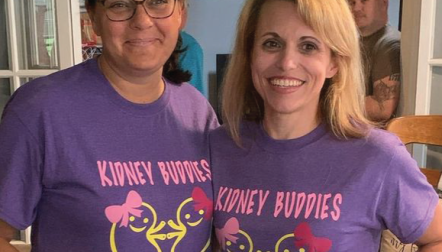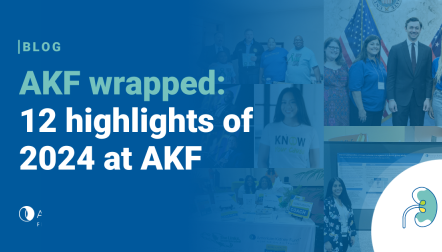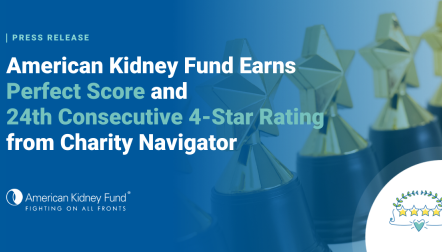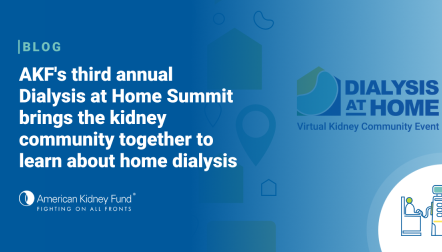
Blog post
'The everyday struggles and victories' of raising a child living with cystinosis
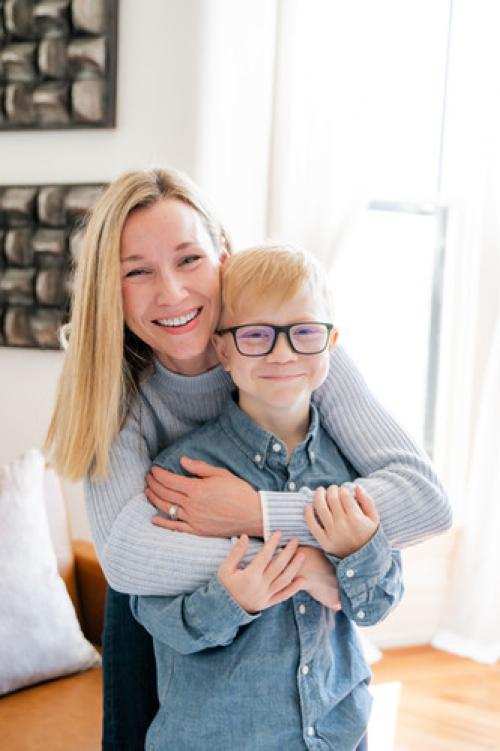
When Erin Leininger took her son, Charlie, to see a nephrologist (kidney doctor), she did not expect that they would leave with a stage 3 kidney disease diagnosis for her 16-month-old child. The doctor also told them that Charlie would likely need a kidney transplant before he entered elementary school.
She and her husband Mike left the appointment "in a haze." Charlie is their second child and when they learned about his kidney disease, they were a month away from welcoming their third. After this appointment, everything changed for the Leininger family.
"The future we had pictured both for Charlie and for our family looked radically different than it had even the day before," Erin said.
The diagnosis required adjusting to a "new normal," which was challenging for both Charlie and his parents. "It certainly wasn't fun getting used to the foul-tasting medicines, painful blood draws and regular exams," said Erin. "But there was an upside to treatment and diagnosis at such a young age: Charlie doesn't remember life before having a chronic medical condition. For him, life has always involved a great deal of medical intervention. Unlike most kids his age, he's now a pro at swallowing pills, and blood draws are no longer fear-inducing."
As predicted, Charlie received a kidney transplant from a living donor (a friend of his parents') shortly before his fifth birthday. For a few years, the family settled into a "fairly stable post-transplant existence."

However, the Leininger family's life was shaken up again in the fall of 2022 when a routine eye appointment brought up additional concerns for Charlie's health. A follow-up with the nephrologist, an additional eye exam and a blood test confirmed that Charlie's kidney disease was not due to his kidneys not forming properly, as they originally thought. Instead, Charlie received a new diagnosis: cystinosis.
Cystinosis is a rare, multisystem genetic disease that accounts for nearly 5% of all childhood cases of kidney failure. Mutations in the CTNS gene cause cystine, a component of protein, to build up in the body's cells. Having too much cystine causes cell death and can damage organs, including the kidneys.
"It complicated and expanded our medical treatment plan," said Erin, noting that cystinosis affects more than just the kidneys. The increased cystine can also damage the eyes, pancreas, liver and brain. "Suddenly, in addition to the regular post-transplant medications and monitoring, we were starting new medications specific to cystinosis and its complications, seeing additional specialists and doing additional testing … Charlie takes 16 pills a day just for his oral cystine therapy. That's in addition to anti-rejection, thyroid and allergy medicines plus prescription eyedrops several times a day."
In addition to the new challenges with his medical care, the cystinosis diagnosis was also more difficult for the then 8-year-old Charlie to adjust to mentally. "Unlike the diagnosis of kidney disease at age one, now Charlie was better able to understand his condition from a medical perspective, but it was harder to process from a psychological perspective," Erin explained. "That first year following Charlie's cystinosis diagnosis was incredibly challenging."
Fortunately, it was also during this time that Erin learned about the American Kidney Fund (AKF)'s National Virtual Camp program — and a newer camp program specifically for children living with cystinosis.
"It could not have come at a more perfect time for us," Erin said. "We had only received Charlie's diagnosis of cystinosis a few months prior and it was all very new and overwhelming. It was a particularly heavy time for Charlie, who was starting new medicines that were making him feel physically sick. I still remember when we received the welcome box for the AKF virtual camp. It was filled with fun items like socks, a T-shirt, sunglasses, some fun toys and a welcome letter. It really made Charlie feel special in the best possible way."

Since then, Charlie and his siblings, Arthur and Emilie, have regularly participated in the monthly virtual camp. "It's been wonderful for them to sit down together and spend time doing an activity and interacting with other kids all over the country who have a connection to kidney disease or cystinosis," said Erin. "The variety of the activities has been amazing. From science experiments to painting to BINGO and pizza, no matter what it is, it always ends up being a fun time. It's evident how much effort AKF puts into these camp experiences and the kids enjoy it so much. We are so grateful to be a part of this program."
Erin credits programs like the virtual camp, community organizations like the Cystinosis Research Network and the family's wonderful support systems, including Charlie's school, for helping them adjust to life with cystinosis.
"The connections with other parents and children with kidney disease and also cystinosis, specifically, have been one of the most important and rewarding aspects of this experience," said Erin. "Finding your support system through others with this shared experience is so important. It can feel very isolating when your child has a rare health condition, and your family and friends cannot relate to what your family is experiencing. The support of someone who understands both the everyday struggles and victories is invaluable."
Erin encourages other parents of children with cystinosis to take it "day by day," trying to accept that there will be good days and bad days. As for Charlie, living with cystinosis is not stopping him from enjoying his childhood.
"Charlie is an amazing kid," said Erin. "He is constantly exploring new interests, which range from anime to cooking. His latest passion is learning about finance and investing. Truly, his enthusiasm for exploring hobbies and interests is infectious and a joy to watch."
Visit AKF's website to find out more about cystinosis.
You can also learn more about the National Virtual Camp here.
Support for the cystinosis camp is provided by Amgen Rare Disease.

